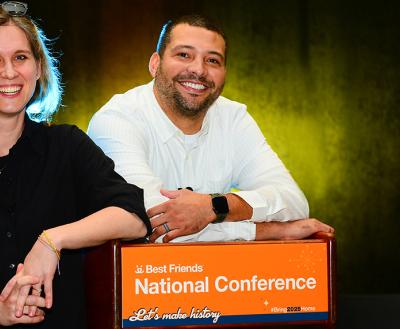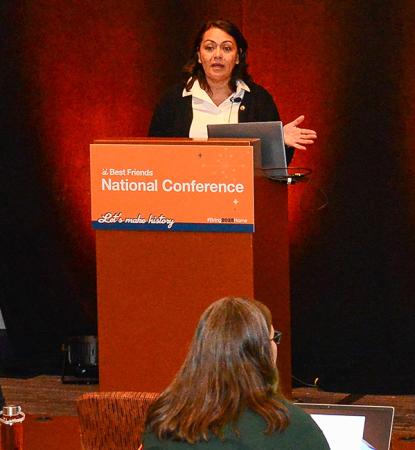
Speaking at the Best Friends National Conference
The Best Friends National Conference takes place May 7-9, 2026, in Salt Lake City, Utah.
The conference brings together animal welfare professionals and volunteers from across the country to gain knowledge and practical strategies to fast-track lifesaving at their organizations.
If your topic is research-based — i.e., it presents a clear problem, provides recorded solution(s), and demonstrates quantifiable results — we encourage you to submit your content for a research poster session. These sessions will take place on Wednesday, Thursday, and Friday during the conference, and all selected researchers will have the opportunity to showcase their work and speak with attendees as they visit the poster area. Click here for more information on participating in the research poster sessions.

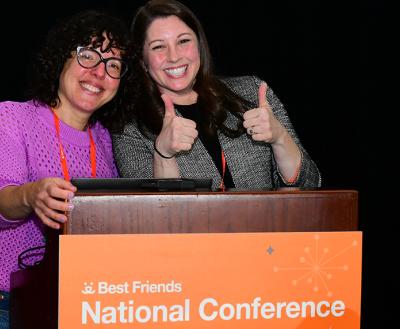
Sessions for 2026
Breakout sessions will last 60 minutes, including time for Q&A.
“When you speak at the Best Friends National Conference, you share ideas and information, to be sure, but you also foster connection, build commitment, and inspire action. The presentation you give can truly change a community and save more lives.”
-Julie Castle, Best Friends CEO
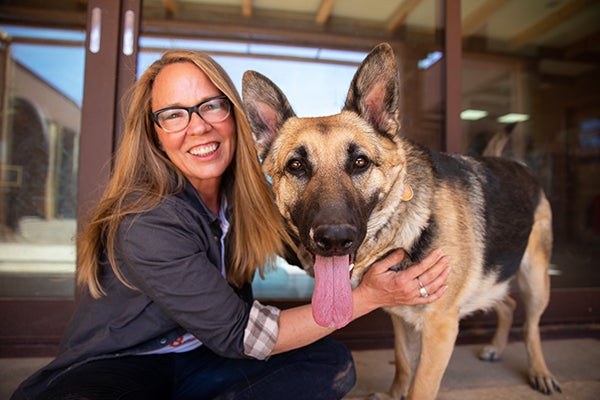
Background on the conference
The past three conferences have hosted an average of 1,460 people, 160 speakers, and 110 sessions.
Buff
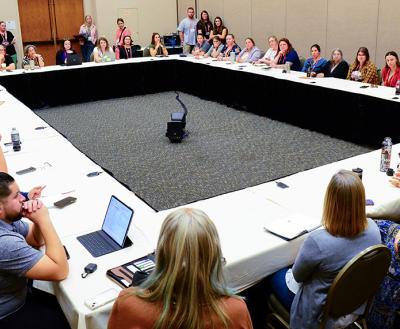
Speaker benefits and expectations
We’re pleased to offer a range of benefits for our esteemed speakers, including but not limited to complimentary conference registration. And, if your proposal was selected, we ask for your cooperation in helping to ensure a successful conference.
